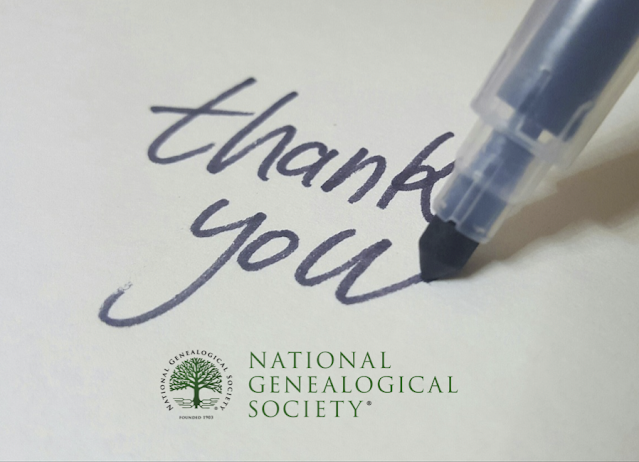The Preserve the 1812 Pensions Project Continues
As some of you may remember, the initial work on this project began in 2010. It has been both an important and a monumental task spanning 7.2 million pages contained in 180,000 files. In 2020, as COVID-19 forced the closure of NARA, the project was put on hold. We are pleased to announce the next phase—digitization of surnames starting with the letters Sj to U—begins again this month. Our target is to complete this phase in one year.
NARA first sought partners on this project back in 2008. On 27 April 2010, the Federation of Genealogical Societies (FGS) announced a national fundraising initiative to raise over $3 million to support the project. Fold3 was selected to digitize the records, and Ancestry.com agreed to match every dollar raised for the project. The digitized records would be, and indeed have been, made available to the public for free.
When FGS merged with NGS, we agreed to uphold our commitment and see this project through to the end. Today, we are fulfilling our promise and moving forward with the next phase.
To learn more about this project, visit the NGS website.


.png)

